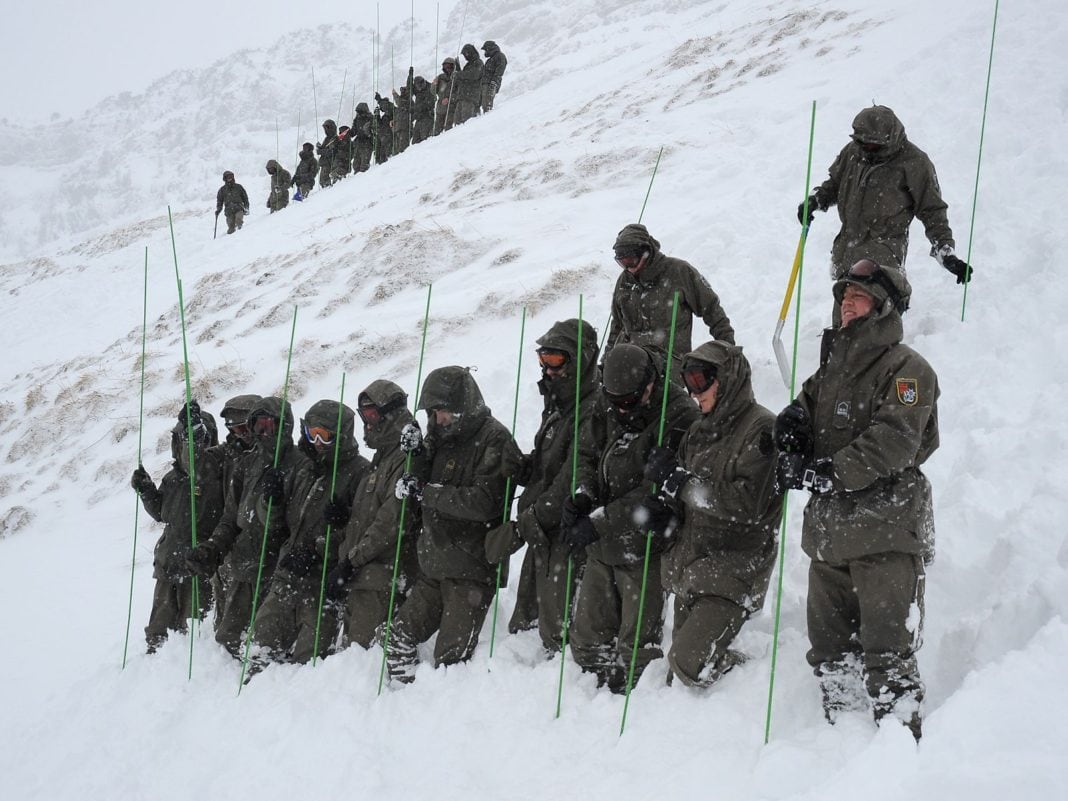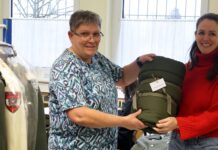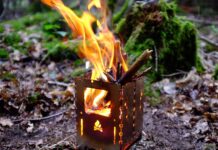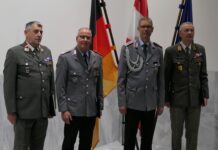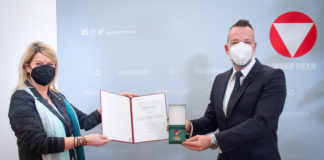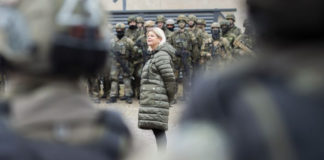During the winter months, specially trained soldiers are available to support civilian forces in the rescue and recovery of avalanche victims – an important but often unnoticed contribution by the armed forces to the general public.
While slab avalanches reach an average speed of 80 km/h, dust avalanches sometimes fall more than four times as fast from steep rocky slopes. In both cases, the consequences can be devastating. Fortunately, the number of accidents and fatalities in the Alps has decreased slightly in recent years. In order to be able to act quickly in an emergency, there are specially trained alpine soldiers in Austria who can intervene quickly and competently, especially in the event of avalanche accidents. Divided into so-called avalanche task forces, they are deployed when the civilian aid organizations need support. Each of these units comprises around 30 people and help in the search for buried victims and when first aid is required. They have completed special mountain training and carry complete ski touring, emergency and rescue equipment with them on every mission. The teams also include specially trained emergency paramedics. There are a total of 400 soldiers in Austria who have been specially trained for such missions. They are experts when it comes to supporting the locally available mountain rescue teams after avalanches. For many victims, the work of these 12 teams can be a life-saving measure. In the event of heavy snowfall, the soldiers in the rescue teams are also called out to shovel off flat roofs.
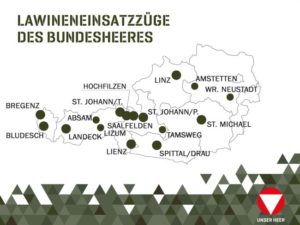 “It goes without saying that we make our alpine expertise available when it comes to saving lives,” explains Brigadier Anton Waldner, Military Commander of Salzburg. “Our soldiers are available around the clock, most of the time unpaid – an important but often unnoticed contribution to the general public.” In Salzburg, due to the alpine topography, there are even four avalanche task forces on standby during the winter months in the barracks in St. Johann (Pongau), Tamsweg (Lungau), Saalfelden (Pinzgau) and Hochfilzen (Tyrol).
“It goes without saying that we make our alpine expertise available when it comes to saving lives,” explains Brigadier Anton Waldner, Military Commander of Salzburg. “Our soldiers are available around the clock, most of the time unpaid – an important but often unnoticed contribution to the general public.” In Salzburg, due to the alpine topography, there are even four avalanche task forces on standby during the winter months in the barracks in St. Johann (Pongau), Tamsweg (Lungau), Saalfelden (Pinzgau) and Hochfilzen (Tyrol).
Here to see our other heroes and heroines.

